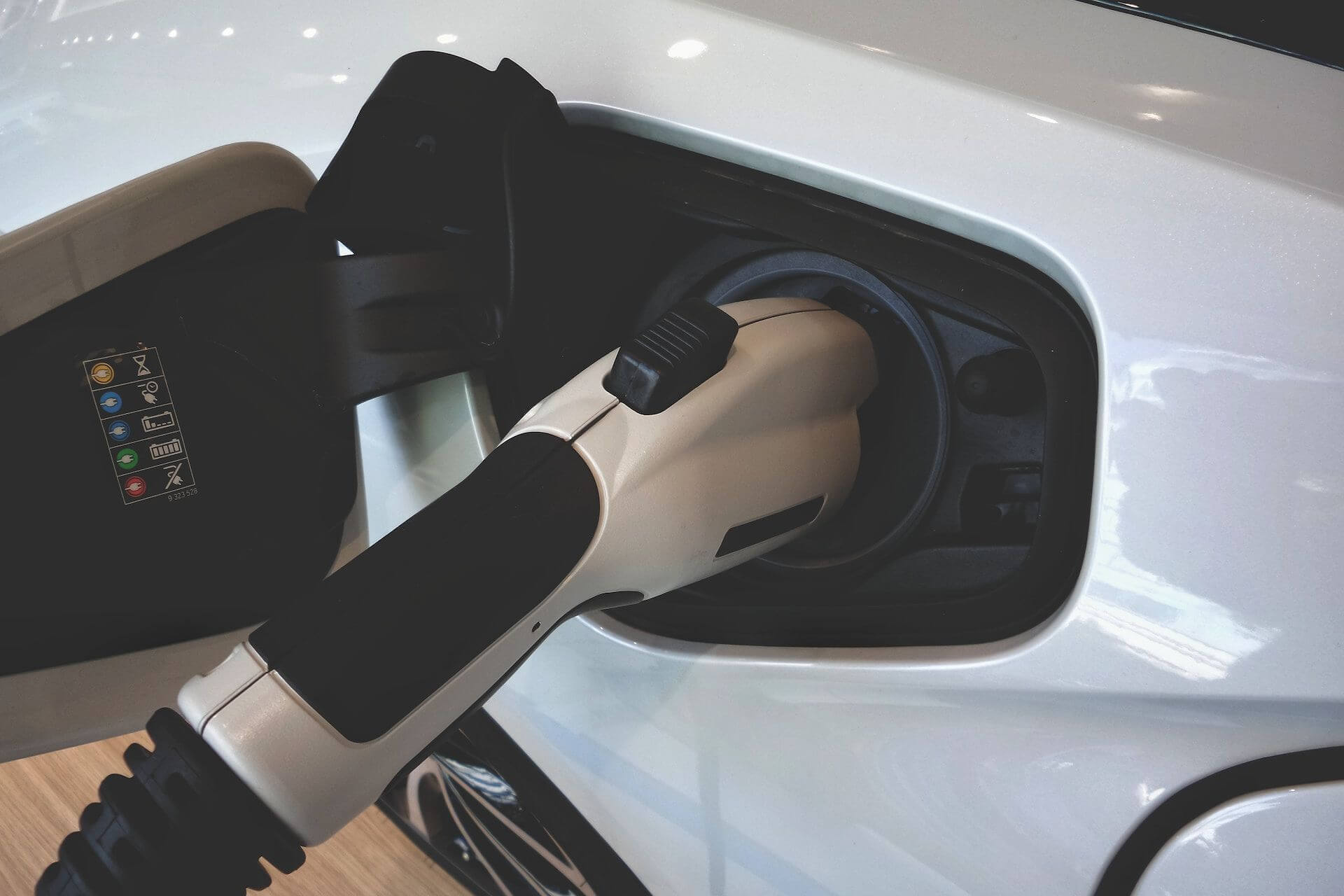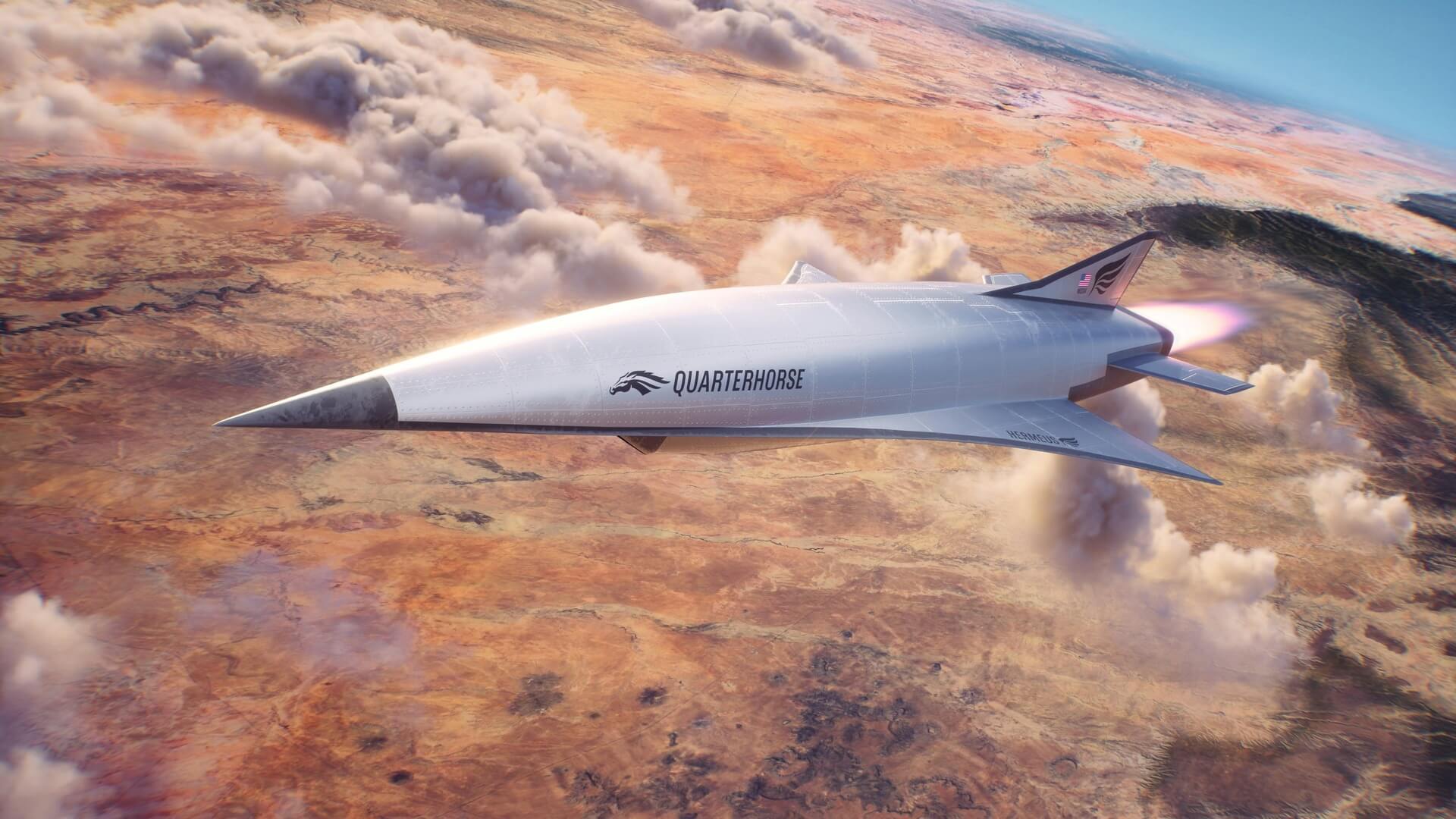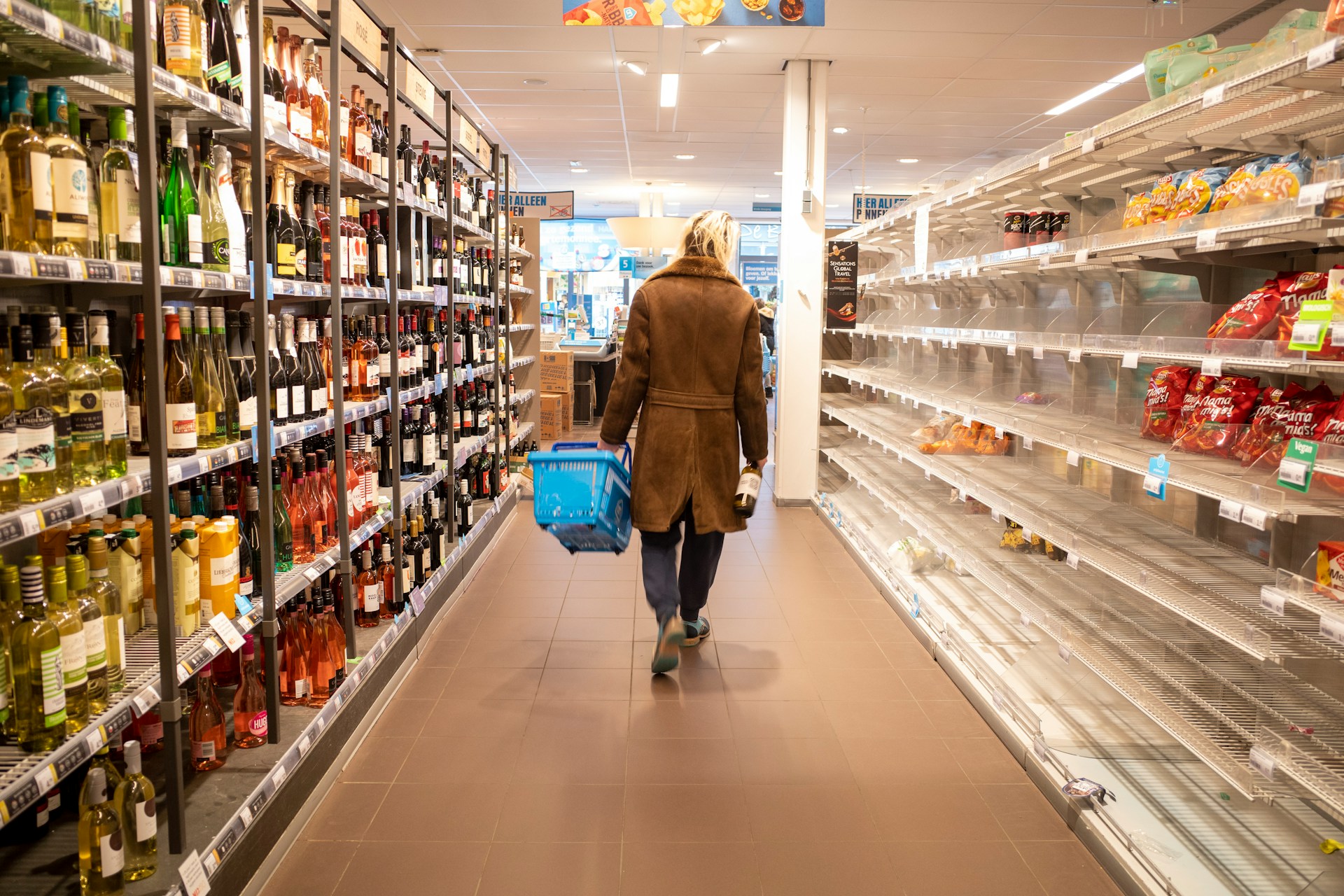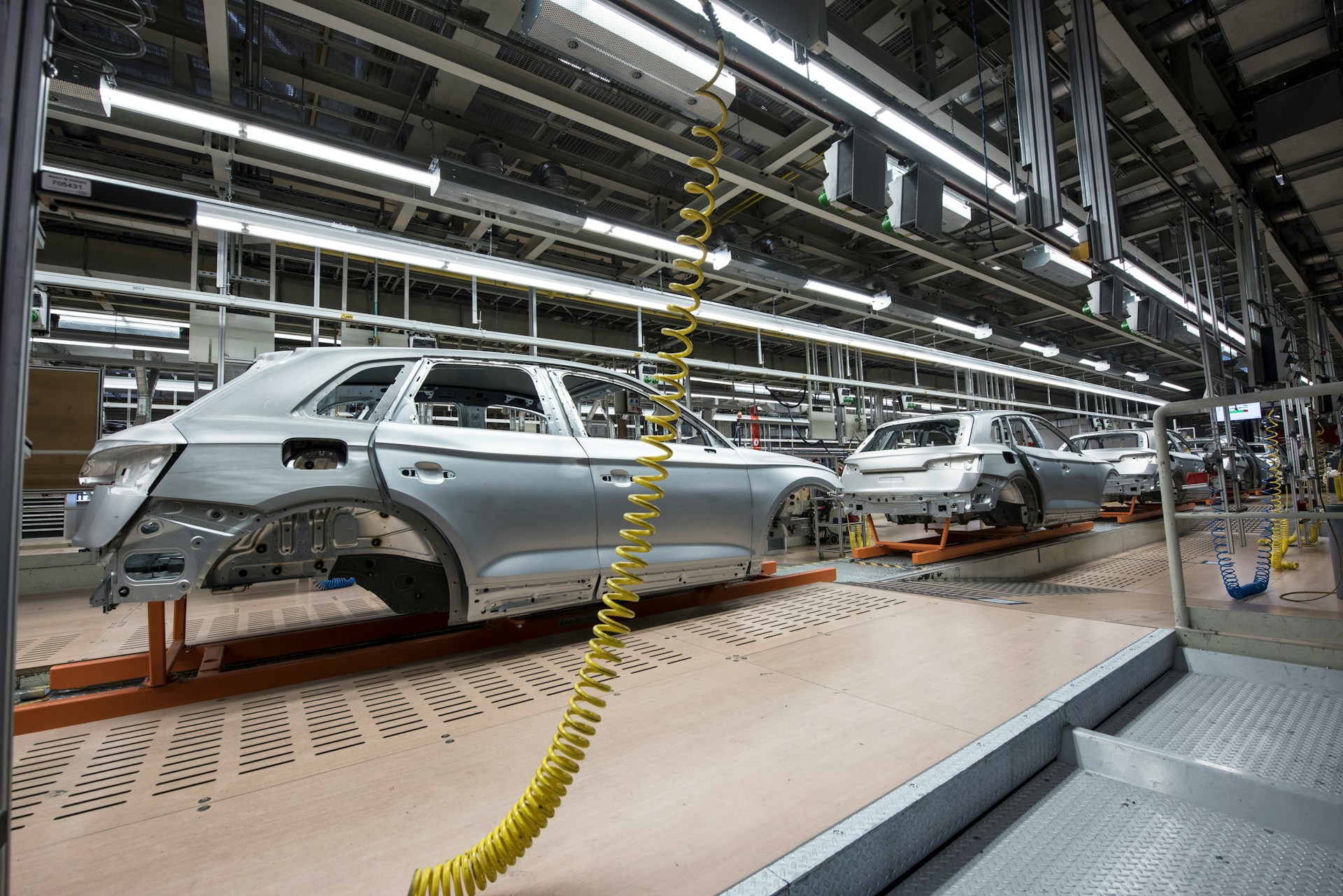
EV Battery Manufacturing: Challenges and Solutions
November 6, 2023 - Emily Newton
Revolutionized is reader-supported. When you buy through links on our site, we may earn an affiliate commission. Learn more here.
EV battery manufacturing is at the heart of electrification initiatives, but it has a few major supply chain issues. The global battery supply chain is grappling with severe human rights concerns, environmental damage and a lack of raw materials. What is the impact of these challenges? How can industry leaders improve the EV battery supply chain?
Challenges in the EV Battery Supply Chain
Battery manufacturing is crucial for the success of countless supply chains and is even considered a national security priority. Electric vehicles are one market desperately in need of higher manufacturing capacity for lithium-ion batteries. For the world to meet vital climate and electrification goals, we must greatly expand battery manufacturing.
Unfortunately, EV batteries require a few valuable raw materials that often have significant supply chain issues.
Environmental Impact
Any mining operation will cause some amount of environmental damage. Many environmental groups and community organizations are concerned about the impact of lithium and cobalt mining on natural spaces. A great example is the lithium mine proposed for Thacker Pass, a mountainous region in rural Nevada.
Thacker Pass is home to the largest lithium deposit in the United States. However, no mining operations are utilizing that lithium yet due to controversy about the environmental impact lithium mining would have on the land. Thacker Pass is a sacred area for multiple Native American tribes and a beautiful habitat for endangered species of plants and animals. Lithium mining would disturb Native American burials and wreak havoc on the wildlife of Thacker Pass.
Lithium and cobalt mining are both destructive in nature and create large amounts of carbon emissions. Mining can also pollute air and water and cause respiratory illnesses.
Ethical Concerns
The EV battery manufacturing supply chain has ties to some significant human rights concerns, specifically in raw materials mining. The lithium and cobalt supply chains are under increasing scrutiny due to dangerous, unhealthy working conditions.
The Democratic Republic of Congo produces an estimated 70% of the world’s cobalt. Hundreds of thousands of people work in the DRC’s cobalt mines, usually with meager pay and life-threatening working conditions. Sadly, thousands of the people working in these cobalt mines are children. They are exposed to countless hazards, high heat and air pollution on a daily basis.
EV manufacturers know the dire state of cobalt mining in the DRC, but there has been little progress in resolving the situation. So, most EVs on the market today are still using batteries tied to DRC cobalt mining.
Long-Term Supply and Demand
EV adoption is often seen as a good thing for fighting climate change. What happens if we run out of materials to make EV batteries, though? Experts predict the world does not have enough raw materials to keep up with growth in the EV market.
The impending shortage is pushing manufacturers and suppliers to mine every last source of lithium and cobalt they can find. Such extensive mining increases the likelihood of severe environmental damage, health risks and human rights violations.
Can Li-ion Battery Manufacturing Be More Sustainable?
Is there any way to solve the challenges facing EV battery manufacturing? Improving the safety and sustainability of the supply chain is vital for the long-term success of EVs, which are crucial for reducing carbon emissions. A few possible solutions could transform the supply chain to make EV battery manufacturing better for people and the planet.
Maximizing the Value of Recycling
Recycling can address numerous challenges in the battery supply chain, including raw materials shortages and expensive, unethical mining practices. Used, depleted batteries still have value in the form of the raw materials inside them. Recycling plants can extract the usable raw materials from old batteries and sell them back to manufacturers for use in new batteries.
This process reduces reliance on raw materials mining, reduces waste and creates thousands of jobs. It maximizes the value of every ounce of lithium and cobalt over multiple product lifespans. Additionally, recycling is a great way to reshore battery manufacturing in North America, allowing automakers to ensure they have clean, safe supply chains.
Numerous businesses are already hard at work developing efficient battery recycling processes. For example, in 2017, Tesla co-founder JB Straubel founded Redwood Materials, a California-based startup that recycles lithium-ion batteries. Redwood Materials is rapidly developing infrastructure to support the recycled battery market. In 2022, they announced a $3.5 billion recycling plant in development in South Carolina, which will employ at least 1,500 people.
Shifting to Different Battery Materials
Removing cobalt from EV batteries could help create a clean battery supply chain. Cobalt and lithium play core roles in the chemistry of batteries, but it’s possible to substitute different elements. Scientists and engineers are focusing on inventing new types of battery cathodes, the part of the battery that usually contains cobalt.
For example, in 2021, researchers at the University of California, Irvine developed a cobalt-free battery cathode that is safer and more durable. This new nickel-based cathode uses innovative metal treatments to improve heat tolerance, stability and energy capacity.
Developments like this are an exciting step in the right direction. A growing number of leading manufacturers are committing to transitioning away from cobalt-based batteries, including Tesla, Samsung and Panasonic. This will trigger increased demand and investment in alternative EV battery technologies, aiding research and development efforts.
While more research is still necessary, early innovations in cobalt-free batteries show incredible potential. Over the next decade, we could see new EV battery supply chains emerge, free of the ethical challenges facing the cobalt supply chain.
Enforcing Sustainable Mining Practices
Adopting new battery materials is only effective if industry leaders and governing bodies enforce sustainable mining. Effective regulations could significantly reduce the environmental and safety issues in the EV battery supply chain.
Civilians and lawmakers alike are already making progress in this area. For example, in 2023, the U.S. House of Representatives began deliberating a measure to ban products with materials resulting from child labor in the DRC. This measure and others like it could force automakers and suppliers to stop investing in unethical mining operations.
Supply chain transparency is also crucial. Consumers and manufacturers alike often lack information about how suppliers are obtaining raw materials. As a result, identifying unethical or unsustainable links in the supply chain can be difficult. Improving transparency will allow consumers to make more informed decisions about the EVs they purchase and help government officials enforce ethical and environmental regulations.
Transforming the EV Battery Supply Chain
Electric vehicles are a vital part of fighting climate change and reducing emissions. Unfortunately, the battery supply chain is rife with environmental and humanitarian issues. Battery manufacturers, automakers and industry leaders need to implement widespread change to address these issues and futureproof the supply chain. Adopting new battery materials, increasing recycling and improving transparency can go a long way toward building a cleaner, safer supply chain for EV batteries.
Revolutionized is reader-supported. When you buy through links on our site, we may earn an affiliate commission. Learn more here.
Author
Emily Newton
Emily Newton is a technology and industrial journalist and the Editor in Chief of Revolutionized. She manages the sites publishing schedule, SEO optimization and content strategy. Emily enjoys writing and researching articles about how technology is changing every industry. When she isn't working, Emily enjoys playing video games or curling up with a good book.






